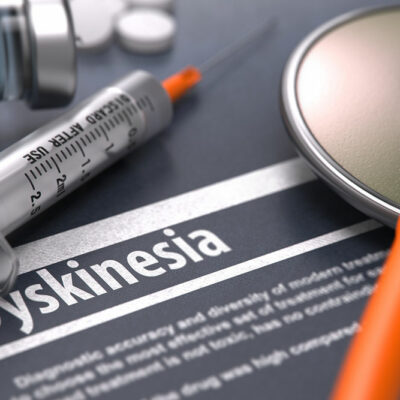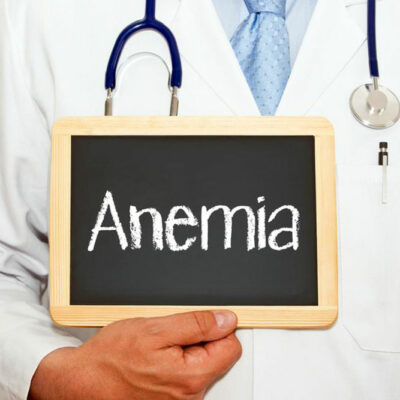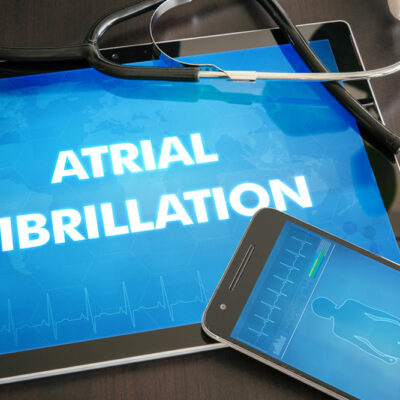
Symptoms and complications of Tourette syndrome
Tourette syndrome is a problem with the nervous system that leads to repetitive movements or unwanted sounds (tics) that can’t be controlled easily. This syndrome starts in childhood. The primary symptom of Tourette syndrome is tics. Other symptoms and complications of Tourette syndrome are:
Symptoms associated with simple motor tics
The most common simple motor tic is continual eye blinking. Other symptoms are leg tapping, grimacing, head jerking, and shrugging.
Symptoms associated with complex motor and vocal tics
Complex motor and vocal tics usually involve more muscles and more complicated movements. Some examples of this are shrugging combined with head jerking.
Symptoms of complex motor tics
Echopraxia (imitation of another person’s action), sniffing objects, touching other people, and few self-harming behaviors like banging the head or biting the lip are examples of complex motor tics.
Symptoms of complex vocal tics
Echolalia and coprolalia are the most common types of complex vocal tics. Echolalia refers to the meaningless repetition of another person’s spoken word. Coprolalia is the involuntary and repetitive use of obscene language (loud swearing and cursing). It is a rare symptom that affects about 1 in 10 people with Tourette syndrome.
Other behavioral complications
People with Tourette syndrome may also have other conditions that affect their behavior. These include:
Obsessive-compulsive disorder (OCD): An individual with OCD will have obsessions, unwanted and repeated thoughts and feelings, and behaviors that drive them to do something compulsively. OCD in adults involves habits like continually checking that the door is locked, making sure the oven is turned off, or endless hand washing.
Attention deficit hyperactivity disorder (ADHD): ADHD is a behavioral disorder which is characterized by poor attention span and impulsive behavior. It is one of the most common complications associated with Tourette syndrome and around 35%-90% people with Tourette syndrome report symptoms of ADHD. ADHD in a child is grouped into three categories, namely, inattention, hyperactivity, and impulsivity.
- Inattention: It involves easy distraction, leaving tasks incomplete, making careless mistakes, forgetting daily activities, no interest in activities that require sitting still, and daydreaming.
- Hyperactivity: It involves activities like bouncing while sitting, inability to sit in one place, trouble with playing quietly, talking excessively, and always running around or climbing on things.
- Impulsivity: It involves conditions like having trouble waiting for their turn, blurting out answers, and interrupting others.
The symptoms of ADHD differ from a child to an adult. The symptoms of ADHD in adults are:
- Forgetfulness
- Anxiety
- Getting frustrated quickly
- Procrastination
- Low self-esteem
- Substance abuse or addiction
- Boredom
- Trouble with concentrating while reading
- Mood swings
- Depression
Premonitory sensations
Most people with Tourette syndrome experience a strong urge before a tic, similar to the feeling one gets before sneezing. These feelings or symptoms are known as premonitory sensations. Premonitory sensations include irritation and inflammation in the eyes before blinking, an itchy joint or muscle before jerking or a sore throat before grunting.
People with Tourette syndrome are at high risk of experiencing depression and anxiety. After Tourette syndrome is diagnosed, the doctor will provide the right course of treatment based on the symptoms a person experiences. Since Tourette syndrome is a neurological disorder, typically, psychotherapy may help a person cope with the psychological and social effects of the condition.


